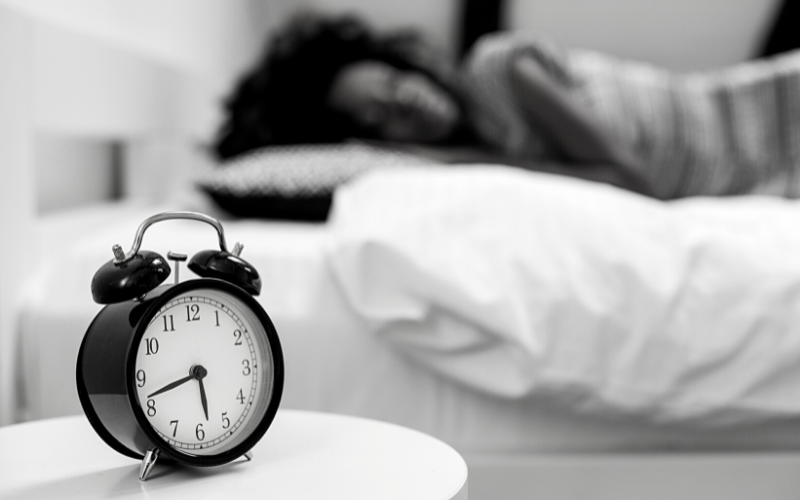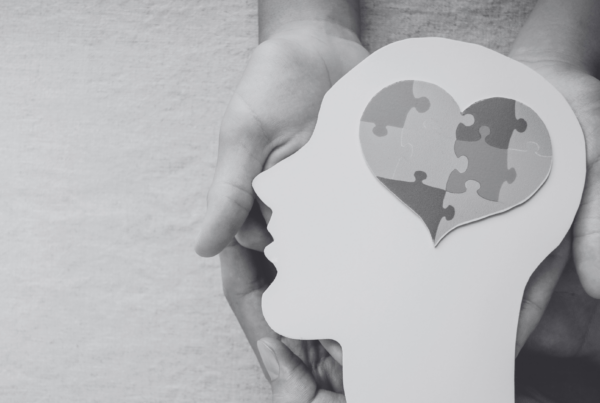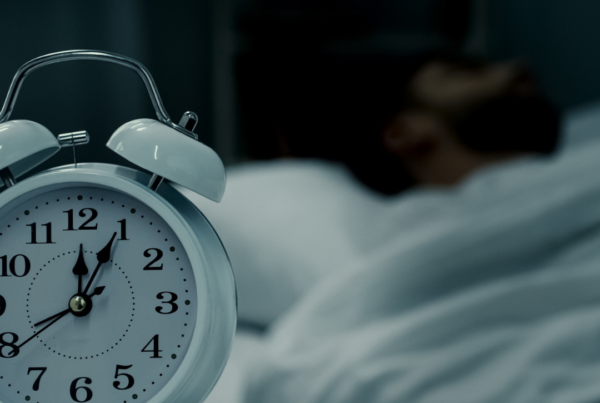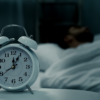Are you tossing and turning every night? Dragging yourself out of bed in the morning feeling knackered? Or are you having difficulty nodding off, then you have come to the correct page to make all that disappear.
According to research, almost a third of us drag ourselves out of bed in the morning because we haven’t gotten enough good-quality sleep at night, which means we’re not feeling as great as we could be during the day.
When we don’t get enough or good sleep, it can contribute to a range of problems including anxiety and depression. It can sometimes feel hard to achieve amid the pressures of daily life. To help, Wellspace have come up with the top 5 tips to get better sleep.
How Can I Get A Better Night’s Sleep?
Getting a good night’s sleep directly affects your mental and physical wellbeing. The lack of quality can take a toll on your day to day life. This includes energy levels, the consistency of your weight, productivity and emotional balance.
A good night’s sleep may seem impossible when you’re constantly tossing and turning or led there wide awake in the middle of the night, but you have control over it, and more thank you think. The cure for your sleeping difficulties is in your daily routine.
Unhealthy habits or a lack of daytime choices can lead to an intermittent night’s sleep. This affects your mood, brain and heart health, immune system, and creativity. But by experimenting with the following tips, you can enjoy better sleep at night, boost your health, and improve how you think and feel during the day. Here’s the Top 5 Tips To Get Better Sleep:
1. Sleep Routine
A routine is crucial for your body’s rhythm functions. Being consistent with your sleep and waking times can aid long-term sleep quality.
Set aside no more than nine hours for sleep. The recommended amount of sleep for a healthy adult is between 7-9 hours. Most people don’t need more than eight hours in bed to achieve this goal.
Go to bed and get up at the same time every day. Try to limit the difference in your sleep schedule on weeknights and weekends to no more than one hour. Being consistent reinforces your body’s sleep-wake cycle.
If you don’t fall asleep within about 20 minutes, leave your bedroom, and do something relaxing. Read or listen to soothing music. Go back to bed when you’re tired. Repeat as needed.
2. Regulate Your Diet
Be mindful of what you intake at night as this could directly affect your sleep. We don’t recommend going to sleep either hungry or stuffed. In particular, avoid heavy or large meals within a couple of hours of bedtime. Your discomfort might keep you up.
Alcohol or caffeine may leave you lying awake. In fact, When consumed late in the day, caffeine stimulates your nervous system and may stop your body from naturally relaxing at night.
3. Limit Your Daytime Naps
While short power naps are beneficial, long, or irregular napping during the day can negatively affect your sleep. Sleeping in the daytime can confuse your internal clock, meaning that you may struggle to sleep at night.
Limit yourself to up to 30 minutes and avoid doing so late in the day.
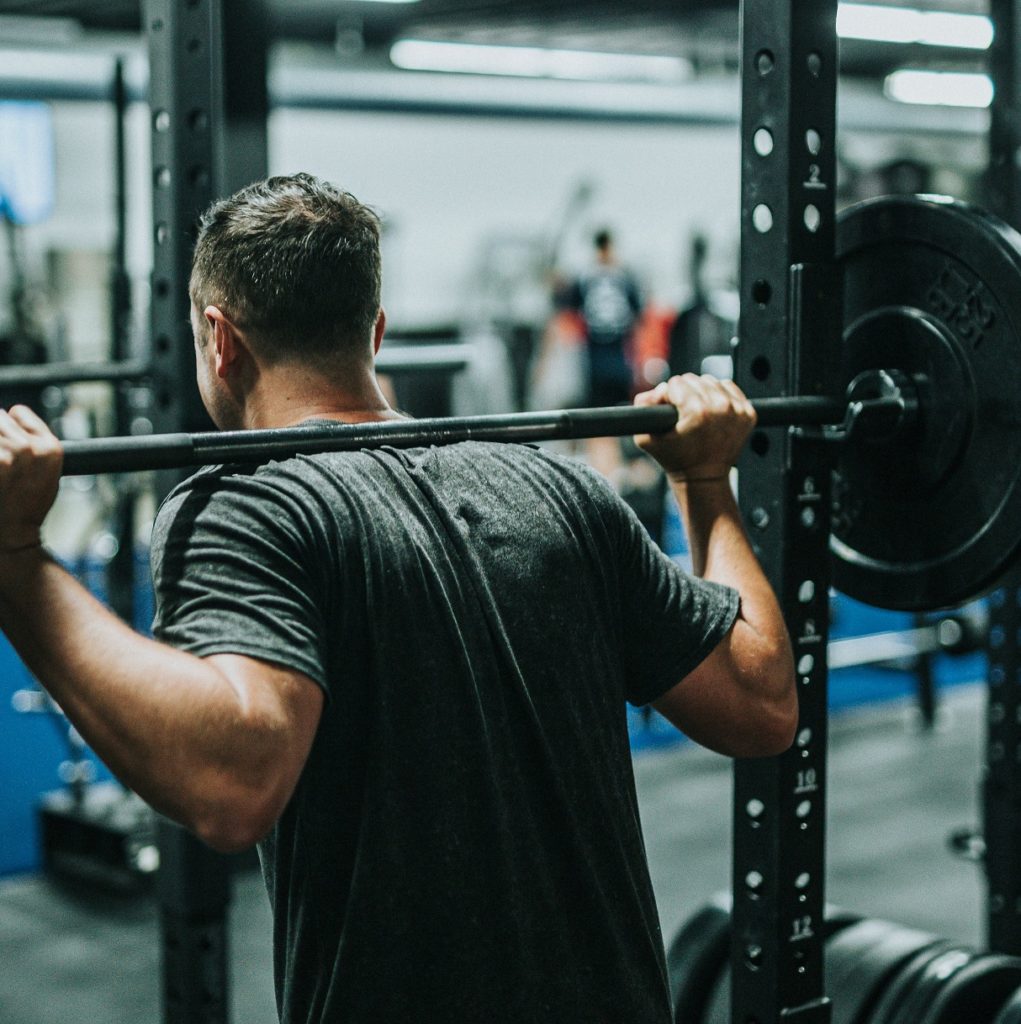 4. Exercise
4. Exercise
Exercise is one of the best science-backed ways to improve your sleep and health. It can enhance all aspects of sleep and has been used to reduce symptoms of insomnia.
Exercising on a regular basis also helps to reduce anxiety and relieve stress. Exercising earlier in the day is better, as exercise increases the body’s adrenaline production, making it more difficult to sleep if done just before bedtime.
5. Optimise Your Sleeping Environment
Creating an environment is an important consideration for healthy sleep. Choosing a supportive mattress, comfy pillow and breathable sheets can go a long way in providing a comfortable setting for a good night of rest.
Temperature control is also critical – try to create some air flow by opening windows and doors during the day. Dehumidifiers, air purifiers and fans can also be useful. If you live in a noisy area, items like ear plugs or noise cancelling machines are great options too!
Light is also a crucial factor. Your room should be as dark as possible. Tools such as eye masks and blackout curtains can be useful, as well as limiting your screen time closer to bed.
Wellspace: Get In Touch
The Wellspace employee wellbeing application allows the user to record sleep length and quality. Sleep is vital to our mental and physical health, but it is easy to slip into a sleep deficit without realising.
By tracking sleep quality and duration, your employees will be able to make small changes that will lead to them coming to work more alert, focused, and happy.
If you are looking to use the latest in technology to support your employee’s health and wellbeing, and you want a more positive workplace culture, then why not contact us here for more information, or call us on 0808 178 0748 where one of our expert team will be delighted to chat to you.
We can offer specialist advice on how our wellbeing app will support your business, and our team of experts will help you in choosing the right package for your organisation.

